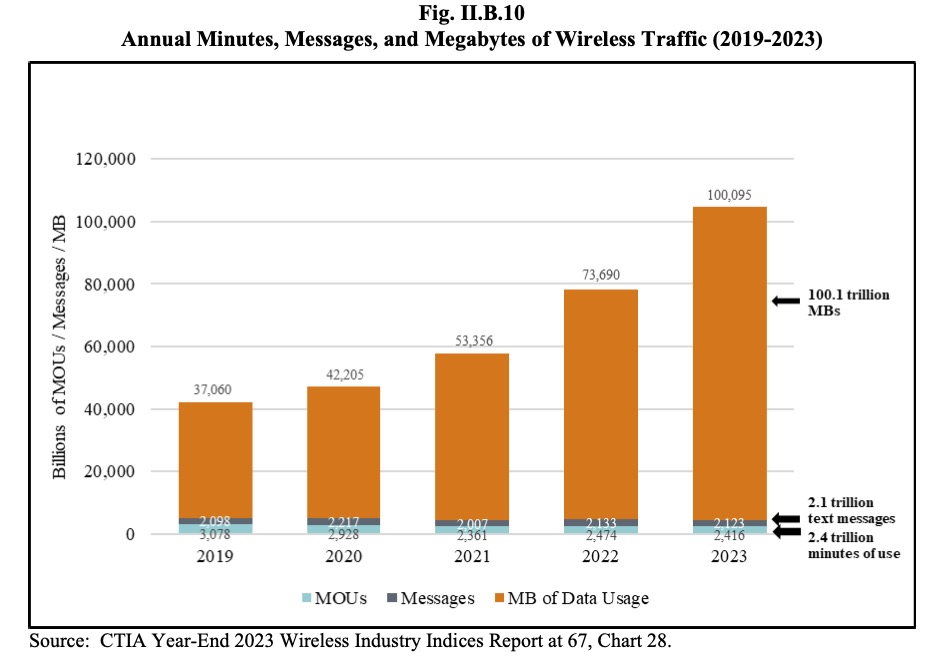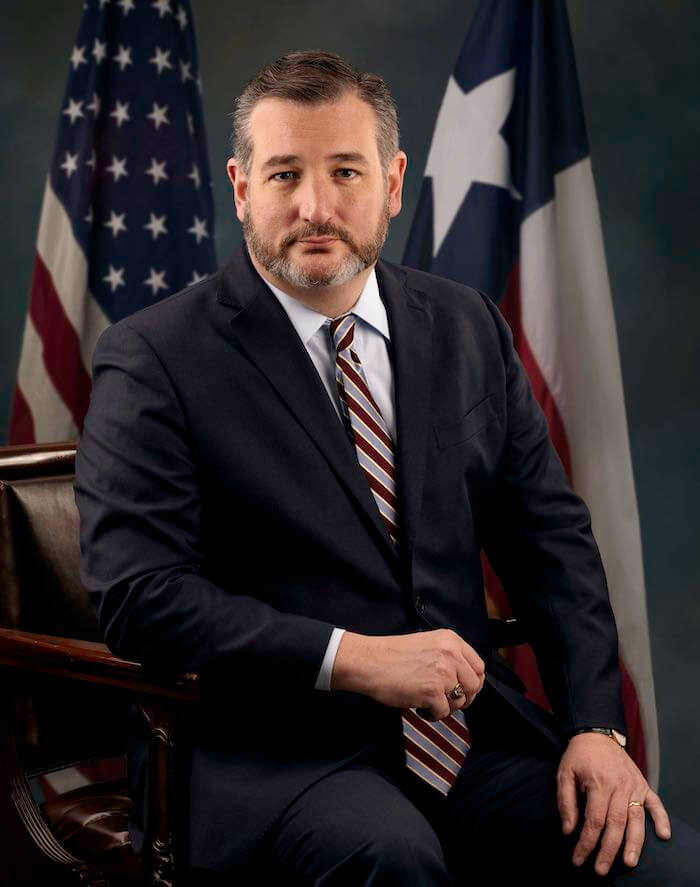The January 6th episode of the IP Protection Matters podcast, "The Historical and Constitutional Foundations of Patent Protection," features an interview with Adam Mossoff, Professor of Law at the Antonin Scalia Law School at George Mason University. In addition to being a Senior Fellow at the Hudson Institute and a Visiting Intellectual Property at the Heritage Foundation, Prof. Mossoff is a member of the Free State Foundation's Board of Academic Advisors.
In the podcast episode, Prof. Mossoff discusses the American Founding Fathers' views on intellectual property (IP) rights. As he explains, the Founders "saw intellectual property largely as the same type of property right that arose from the creation of any other type of property right" through their value-creative productive labors. The Founders recognized the importance of protecting intellectual labor and included the IP Clause in Article I, Section 8 of the U.S. Constitution.
Prof. Mossoff then discusses the historical significance of the Constitution's IP Clause, the significance of President George Washington and the First Congress, the differences between IP rights in the American constitutional order and monopolies under old English law, and the importance of IP protections for ensuring the marketability of IP. These basic principles of IP law apply to both copyrights and patents. The latter part of the interview focuses on contemporary patent reform issues.
For an insightful take on IP rights by an excellent scholar, be sure to check out the IP Protection Matters podcast interview with Prof. Mossoff. And for a deeper dive, Prof. Mossoff has published several academic journal articles.
The IP Protection Matters podcast is a project of the Center for Individual Freedom.
P.S. Many of the key themes about the Founders and IP rights in America’s constitutional order that come up in the podcast interview are analyzed in a book that I co-authored with FSF President Randolph J. May, The Constitutional Foundations of Intellectual Property: A Natural Rights Perspective (Carolina Academic Press, 2015).



















